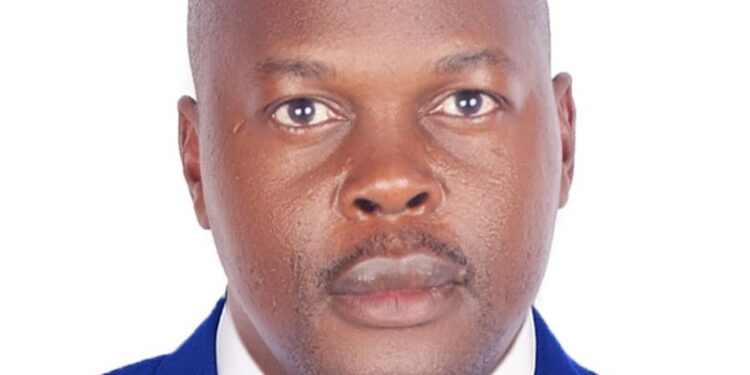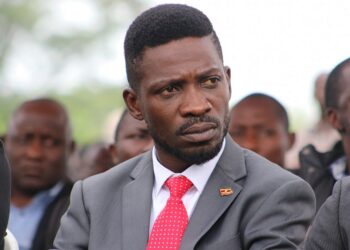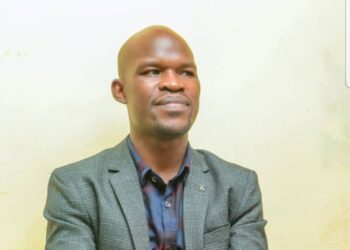Uganda’s political landscape has undergone significant transformations since the country opened up its political space on July 28, 2005, transitioning from the Movement system to a multiparty political dispensation. This shift allowed traditional independent parties like the Democratic Party (DP), Uganda People’s Congress (UPC), and Conservative Party (CP) to operate alongside new entrants. Today, Uganda boasts over 28 registered parties, including the People’s Front For Freedom (PFF) led by Kampala Lord Mayor Counsel Erias Lukwago, Democratic Front (DF) led by Hon Mathias Mpuuga, and the Common Man’s Party led by Hon Mubarak Munyagwa.
Despite the proliferation of political parties, only seven have representation in the August House: NRM, NUP, FDC, UPC, DP, JEEMA, and PPP. Notably, none of these parties, except the National Resistance Movement (NRM), has successfully conducted elections to determine their flag bearers at all levels of leadership. The NRM’s unique approach to flag bearer elections, where all registered members participate in choosing their leaders, sets it apart.
In contrast, other parties have struggled with their electoral processes. The Forum for Democratic Change (FDC) attempted to use electoral colleges during its peak but ultimately faltered. The Democratic Party (DP) and Uganda People’s Congress (UPC) have also faced challenges in determining their flag bearers. The National Unity Platform (NUP), which emerged in 2021, has been criticized for its top-down approach, where party leadership determines flag bearers, often favoring the highest bidder.
The NRM’s grassroots-driven approach to flag bearer elections reflects its slogan as a mass party. By empowering registered members to participate in the electoral process, the party ensures that its leadership is accountable to the people. This approach has contributed to the NRM’s enduring popularity and support across the country.
A recent testament to the NRM’s strength was the flag bearer primary elections, where 10 cabinet ministers lost their parliamentary flag bearer cards to political novices. This outcome demonstrates the party’s commitment to meritocracy and the will of its members. The NRM’s continued dominance in Ugandan politics can be attributed to its robust grassroots structures, which enable the party to engage with voters effectively. As the country continues to evolve politically, the NRM’s mass party approach positions it well to respond to the needs and aspirations of Ugandans.
I would like to extend my appreciation to the NRM Electoral Commission Chairman, Prof. Tanga Odoi, a former Makerere University History and Political Science Don, for organizing smooth elections. His commissioners, who oversaw different regions, deserve commendation for their efforts. As the commission prepares for the upcoming elections for Municipality and City Mayors, District Local Council Five Chairmen, and Sub-county Councillors on Thursday, I urge them to improve efficiency. Furthermore, I call upon the commission to handle petitions from losing parliamentary aspirants expeditiously, from Monday, July 21st to Friday, July 25th, as mandated by the Party Chairman, President Museveni, who set up a 28-member committee to handle these petitions.
In conclusion, the NRM flag bearer primary elections proved that the party remains a mass party, committed to the principles of democracy and grassroots participation. As the party looks to the future, it is well-positioned to continue serving the people of Uganda.
Kagenyi Lukka
The writer is the Deputy RDC, Manafwa District.
Do you have a story in your community or an opinion to share with us: Email us at editorial@watchdoguganda.com














